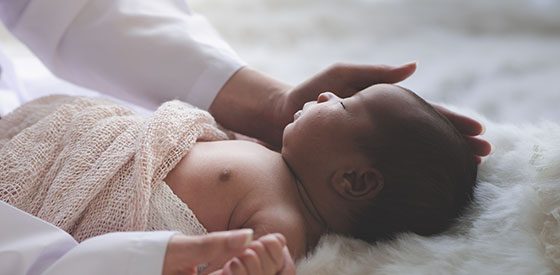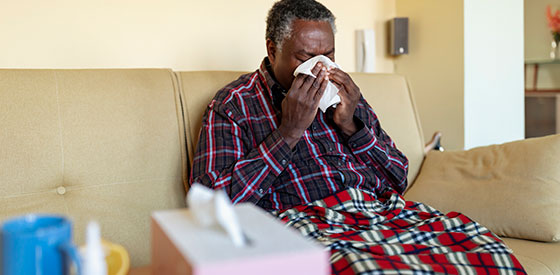RSV

RSV cases in Washoe County: 0 new cases from 5/14 - 5/20
2,045 total cases since Oct. 1, 2022
Respiratory syncytial virus, or RSV, is a common respiratory virus that usually causes mild, cold-like symptoms. According to the Centers for Disease Control & Prevention (CDC), most people recover in a week or two, but RSV can be serious, especially for infants and older adults.
See NNPH RSV News Releases here.
Respiratory-associated hospitalizations are increasing in Washoe County due to RSV, COVID-19 and influenza, with some facilities nearing seasonal peak levels. Follow our NNPH Twitter, Facebook and Instagram pages for updates on RSV case counts and other hospital-related information.
Below is information on RSV symptoms, prevention and how it is transmitted.
RSV Symptoms
According to the CDC, RSV symptoms will appear within four to six days after getting infected and usually include: Symptoms of RSV infection usually include:
- Runny nose
- Decrease in appetite
- Coughing
- Sneezing
- Fever
- Wheezing
In very young infants with RSV, the only symptoms may be irritability, decreased activity, and breathing difficulties.
Normally, almost all children will have had an RSV infection by their second birthday. There are no current vaccines approved for RSV and and no specific medication to treat RSV. CDC recommends using fever-reducing medicine when necessary, drinking enough fluids and talking to your pediatrician or health care provider.
In an emergency, call 9-1-1.
 RSV Transmission & Prevention
RSV Transmission & Prevention
The CDC recommends the following to prevent RSV transmission if you have cold-like symptoms:
- Cover your coughs and sneezes with a tissue or your upper shirt sleeve, not your hands
- Wash your hands often with soap and water for at least 20 seconds
- Avoid close contact, such as kissing, shaking hands, and sharing cups and eating utensils, with others
- Clean frequently touched surfaces such as doorknobs and mobile devices
As with any virus, people should refrain from coming into contact with people. Specifically with RSV, you should avoid conact with children at high risk for severe RSV disease, including premature infants, children younger than 2 years of age with chronic lung or heart conditions, children with weakened immune systems, or children with neuromuscular disorders.
Parents of children at high risk for developing severe RSV disease should help their child, when possible, do the following
- Avoid close contact with sick people
- Wash their hands often with soap and water for at least 20 seconds
- Avoid touching their face with unwashed hands
- Limit the time they spend in childcare centers or other potentially contagious settings during periods of high RSV activity. This may help prevent infection and spread of the virus during the RSV season
Last modified on 08/15/2023
Let’s Stay in Touch
Sign up for our newsletter
